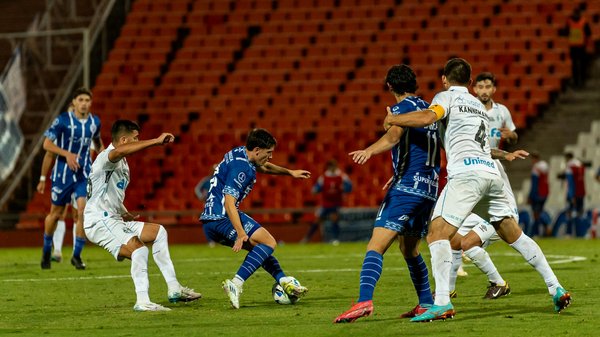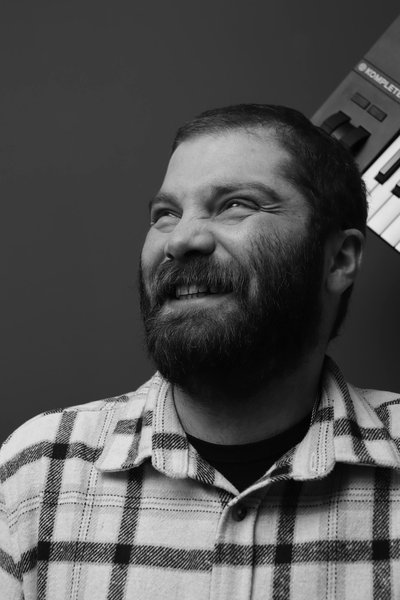
Where curiosity meets knowledge
Discover a world of insights across automotive, business, cooking, finance, health, technology, and more. Labelnprod brings you expert guides, in-depth analyses, and fresh perspectives on topics that matter to your everyday life.
Explore Our Categories
From automotive trends to wellness tips, dive into topics that inspire you
Automotive
Cars, vehicles and driving
Business
Business and economy
Cooking
Recipes and culinary arts
Finance & real estate
Finance, investment and property
Health
Health, wellness and wellbeing
Home & living
Home, decor and lifestyle
News
Latest news and current events
Pets
Pets, animals and companions
Sports
Sports, fitness and competition
Technology
Tech, gadgets and innovation
Woman / fashion
Fashion, beauty and lifestyle
What Our Readers Say
Join thousands who trust Labelnprod for quality information
I've been following Labelnprod for six months and the automotive section has helped me understand car maintenance better than any manual. The guides are clear, practical, and actually useful for regular folks like me.
The cooking and home living categories have transformed my approach to daily routines. Every article feels thoughtfully researched and the tips are easy to implement. This has become my go-to resource.
As someone interested in finance and technology, I appreciate how Labelnprod breaks down complex topics into digestible reads. The content is always current and the writing is engaging without being overwhelming.
Latest articles
Our recent publications


How is the UK automotive industry navigating global trade tensions?

What Challenges Does the UK Automotive Industry Face in the Future?

How Can UK Businesses Adapt to an Evolving Marketplace?

What Are the Future Trends Shaping UK Business Innovations?

What are the Unexpected Benefits of Investing in UK Startups?

How can you make a delicious toad-in-the-hole at home?

How Does Regional Diversity Influence British Cuisine?

What are the secrets to crafting an authentic bubble and squeak?

How Can Emerging Real Estate Trends Impact Future Financial Markets in the UK?

How can real estate crowdfunding benefit investors in the UK?

Will Emerging Trends in UK Real Estate Shape Future Investment Strategies?

Finding the right child psychologist in london for your needs

How Can Access to Green Spaces Improve Mental Health in the UK?

How Can Lifestyle Choices Improve Mental Health in the UK?

What Are the Emerging Healthcare Technologies in the UK?

How Can UK Homeowners Enhance Their Gardens for Increased Biodiversity?

How Can You Personalize Your Home Design to Reflect Your Unique Lifestyle?

What are innovative ideas for a sustainable UK garden?

Achieve lasting beauty with acrylic top coat render

Achieve naturally plump lips with london's top fillers

Asbestos gone: managing the hazards and solutions for safer environments

Boost your a-level maths grades with online tuition today

Boost your success with CQC registration help: the path to quick approval

Chartered accountants croydon: your trusted financial partners

Choosing estate agents for property sales and lettings in south london

Choosing the right commercial solar energy consultants for your business

Choosing women's equestrian breeches: comfort, style, and performance for every rider

Comprehensive eye care: your local opticians in bromley

Comprehensive skin cancer checks: your dermatologist in hertfordshire
Frequently Asked Questions
What topics does Labelnprod cover?
We publish articles across 11 main categories: automotive, business, cooking, finance and real estate, health, home and living, news, pets, sports, technology, and women's fashion. Each category features regularly updated guides, analyses, and insights written by knowledgeable contributors.
How often is new content published?
We publish new articles throughout the week, with fresh content appearing daily across various categories. Our editorial calendar ensures a balanced mix of topics, so whether you're interested in cooking tips or tech trends, you'll find something new regularly.
Is the content suitable for beginners?
Absolutely. While we cover topics in depth, our writers focus on making content accessible to readers at all levels. Whether you're just getting started with a new hobby or looking to deepen existing knowledge, our articles are designed to be informative and easy to understand.
Can I suggest topics for future articles?
We love hearing from our readers! While we maintain an independent editorial calendar, reader feedback helps us understand what topics resonate most. Feel free to reach out through our contact page with your suggestions and interests.


